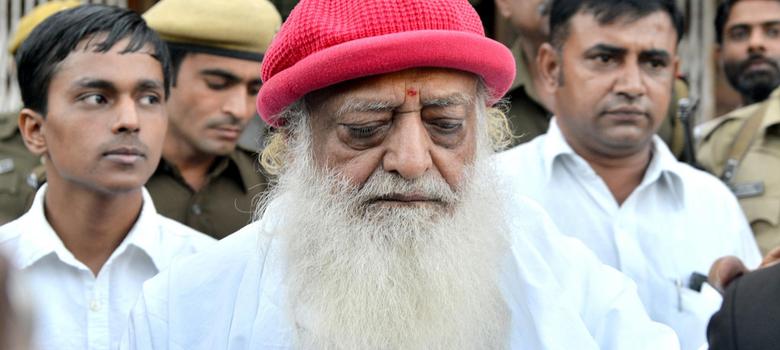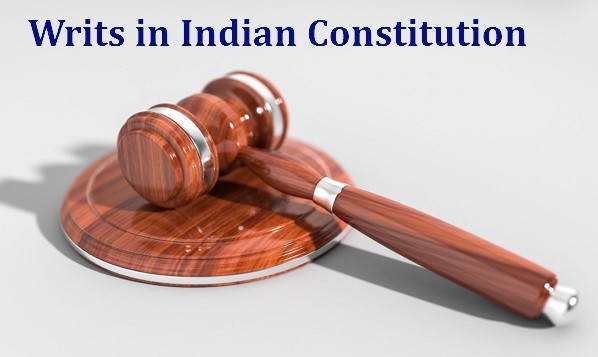The Kerala High Court recently held that decriminalisation of the offence of attempt to commit suicide under Section 309 of the Indian Penal Code (IPC) is a more humane and effective way of dealing with the issue [Simi CN v. State of Kerala].
Justice K Haripal observed that instead of criminalising the act, it would be beneficial to provide sociological and psychological support to persons who attempt to take their own lives.
“From a societal perspective, decriminalization is a more sensitive and humane way of dealing with the problem compared to prosecution. Additionally, it will also help in improving the reporting and generation of better epidemiological data on suicidal behaviour. What is important is to give sociological and psychological support to the victim rather than trying to punish him,” the Court observed in its judgment.
The Court also noted that decriminalisation of attempt to commit suicide is the general view of courts, legal luminaries and medical professionals.
“It is believed that a large section of the society considers that suicidal behaviour is typically a symptom of psychiatric illness or an act of psychological distress, suggesting that the person requires assistance in his personal and psychological life, not punishment with imprisonment or fine. Medical circles also believe that it is not an offence against the State, but, on the contrary, the State itself may be indirectly responsible for the plight of the victim who is left with no other alternative, except to end his life”, the judgment stated.
These observations were made by the Court while dealing with a petition moved by a village officer who was booked for the offence of attempting to commit suicide under Section 309 IPC. She had cut her wrist after being hounded by the de facto complainant and his men for issuance of some certificates.
According to her, she indulged in such an act without any intention, out of the compulsions of the circumstances to get out of the severe mental stress, which cannot attract offence under Section 309 IPC.
Moreover, it was argued that by virtue of Section 115 of the Mental Healthcare Act, 2017, her act would not fall within the ambit of Section 309 IPC. Under this provision, any person who attempts to commit suicide shall be presumed, unless proved otherwise, to have severe stress and shall not be tried and punished under the IPC.
Therefore, she sought for the proceedings against her to be quashed.
On the other hand, the Senior Public Prosecutor submitted that whether the petitioner had attempted to commit suicide out of severe mental stress was a fact to be considered at the time of trial.
The Court observed that as far back as in 1970, the Law Commission of India, in its 42nd report, had recommended the deletion of the offence of the attempt to commit suicide from the IPC. During 1978-79 the recommendation was virtually accepted by the Government of India. However, before the amendments could be brought in, the Lok Sabha was dissolved in 1979 and the Bill lapsed.
Moving to judicial precedents, the Court noted that in 1985, in State v. Sanjay Kumar Bhatia, the Delhi High Court condemned the penal provision as being ‘unworthy of human society’.
In 1986, the Bombay High Court held it to be ultra vires on the ground that it violated Articles 14 and 21 of the Constitution of India.
A two‐judge Bench of the Supreme Court in P Rathinam v. Union of India struck down Section 309 as unconstitutional. However, in 1996, a five-judge Bench of the Supreme Court in Gian Kaur v. State of Punjab overruled the decision in Rathinam, and held that the right to life does not include the right to die.
In 2008, the Law Commission once again favoured the scrapping of Section 309 in its 210th report on ‘Humanization and decriminalization of attempt to suicide’.
Subsequently, the Supreme Court in Common Cause (A registered society) v. Union of India & Anr asked Parliament to consider decriminalizing attempt to suicide, saying that the provision had become anachronistic.
The Court noted that a majority of the states had agreed to the proposal to bring an amendment to Section 309 IPC. The Mental Healthcare Act was brought into force and notified in 2017 in such a backdrop.
It then discussed the judgment of the Orissa High Court in Pratibha Das v. State of Orissa, which quashed proceedings under Section 309 IPC in light of Section 115 of the 2017 Act, while stating that proceedings cannot be continued for want of criminal intent.
Similarly, in a detailed judgment, the Himachal Pradesh High Court in Pratibha Sharma v. State of Himachal Pradesh & Ors took the same view and held that such proceedings are a sheer abuse of the process of law.
Justice Haripal also noted that a Full Bench of the Supreme Court in Red Lynx Confederation v Union of India & Ors observed that Section 115 of the Act, which creates a presumption, has an impact on Section 309 IPC. It was noted that notice has been issued to the Central government in that case and the matter is tagged with the writ petition challenging the constitutional validity of Section 309 IPC.
Considering the allegations against the petitioner in the above backdrop, the Court opined that overwhelming reasons are made out to say that the petitioner had committed the act under severe mental stress. Thus, it was held,
“Section 115 of the Act saves the act of the petitioner from the penal provision. I am in respectful agreement with the observations made by the Orissa and Himachal Pradesh High Courts and therefore, the proceeding, if allowed to continue, is a clear abuse of the process of Court.”
Therefore, the Court quashed the proceedings against the petitioner.
Advocates Rajit, Ramakrishnan MN and Mary Manju Vincent represented the petitioner. Senior Public Prosecutor Sreeja V represented the State.
Source Link




